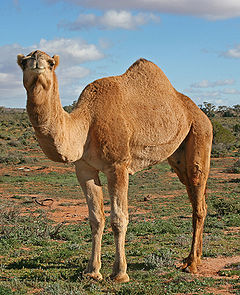So we’re having a big thunderstorm, as this area is wont to have in the summer (which is part of the reason I like spending my summers here). The screams of my actors up and down the halls made me aware of the fact that we’re under a tornado watch. Apparently it’s all over the TV, but my TV doesn’t have a remote, so I refuse to move it from Channel 56 down to the kind of channels that would carry local news.
Weather.com and WeatherBug on my iPhone mention severe thunderstorms and hail, but nothing about a tornado. Not sure if it’s much ado about nothing, or if they just want me to get unsuspectingly killed or transported to the magical land of Oz.
My apartment faces away from the direction the storm is coming, so when they knocked on my door I took the opportunity to visit one of the apartments facing the other way. It does look a little bit scarier, but there’s a big building blocking most of the horizon on that side so it’s hard to really see.
The reason I’m blogging is because when they came to tell me, I quickly packed a bag before going to visit the other apartment. In about 10 seconds I decided on what to pack as a stage manager preparing to ride out a tornado:
- My everyday flashlight
- That other flashlight, too
- And yeah, that other one that can be used like a flare
- And the other one that’s the same as above but in another color
- Car keys, just in case that somehow becomes useful
- Laptop? Probably not necessary. After all I have my iPhone.
- Laptop. Because if I survive and my apartment doesn’t, I’ll be really pissed that my brand new laptop got destroyed because I was too lazy to carry five more pounds with me.
- I also packed my space pen without even realizing I did it.
So now I’m back on my couch watching the storm, and will try to get some work done on Hairspray before we all blow away.




